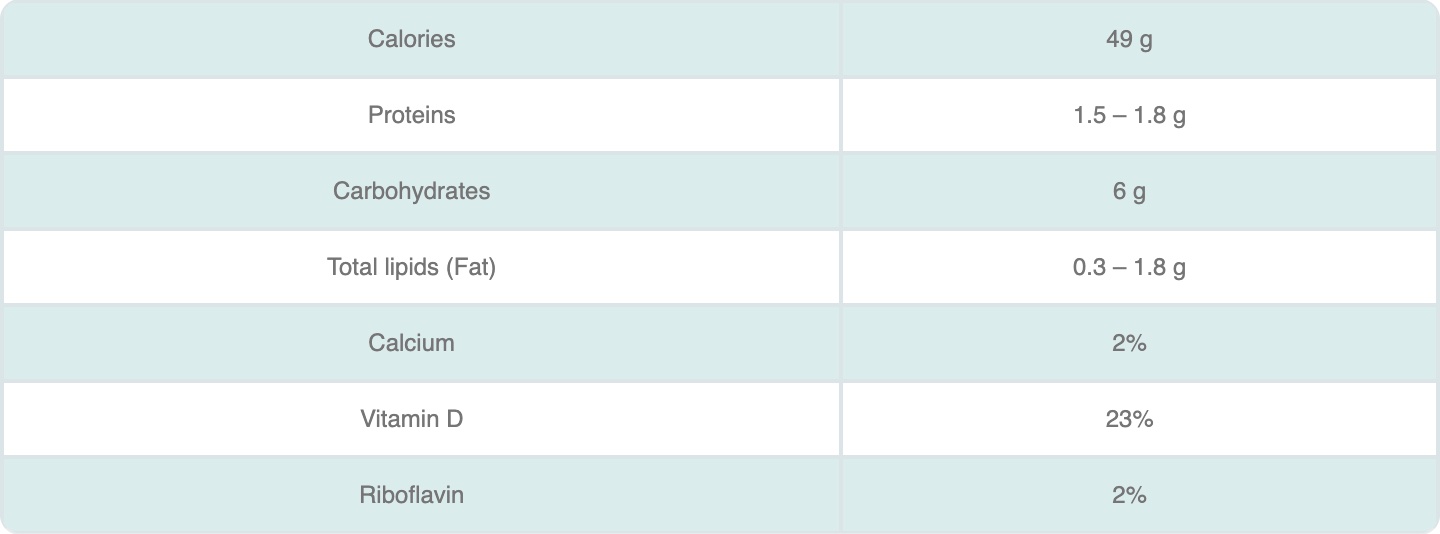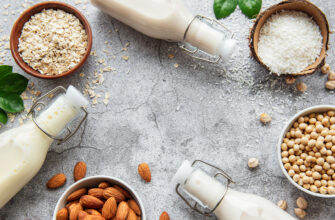
Your health benefits from donkey milk are numerous. It is a well-liked substitute for cow milk and is nutritionally comparable to breast milk from an adult. Compared to cow’s milk, it has a lot less fat, more nutrients, and lactose. Because it contains a lot of vitamins, minerals, and polyunsaturated fatty acids, donkey milk is also beneficial for the skin. This nutrient-dense beverage was formerly prized by Cleopatra for its ability to rejuvenate skin. Because it includes natural antibacterial components and improves heart and bone health, it is also a fantastic option for babies. This article describes how to consume donkey milk and the health benefits it has. Look at this.
What Is Donkey Milk?
Domesticated donkeys generate donkey milk (Equus asinus). There are donkeys, which are members of the horse family, in several regions of Asia, Europe, and Africa. Their milk is thin and white, and it tastes sweet and has a pleasant creamy scent. But donkey milk doesn’t have a lingering flavor.
The beverage may alternatively be referred to as jenny milk or ass milk (as jenny denotes a female donkey). It is well-liked since it is the most nutritionally equivalent to human breast milk and has a high nutritional value. Donkey milk is hence a preferred option for babies and young children.
Donkey milk is identical to cow’s milk and goat’s milk, despite not being widely available on grocery store shelves, according to Christine VanDoren, CN, CPT. It has been used for years, mostly for medical purposes, and it could be able to provide you a lot of advantages!
In Europe, donkey milk is highly coveted. It was traditionally used to treat ulcers, surgical wounds, coughs, and arthritis. Cleopatra, the Egyptian queen, used it to moisturize and soften her skin. In France and Italy, donkey milk may be found in soaps and creams.
Due to their tiny udders, donkeys produce less milk than other farmed animals. One liter of milk, or around four cups, is produced per day by a jenny, for instance. Donkey milk is therefore difficult to get and pricey.
The hefty cost of donkey milk hasn’t diminished its appeal. Instead, its enormous advantages and rich nutritional profile are what draw health aficionados. Review the nutrition information for donkey milk below.
Nutritional Information Of Donkey Milk
A 100 mL of donkey milk contains:

The amount of lactose, total protein, and whey protein in donkey and human milk is comparable. Donkey milk powder is healthier and more easily digestible than cow milk powder.
High levels of whey protein (49.08% of total protein) and important fatty acids like linoleic acid can be found in donkey milk. It contains vitamins A, C, and D as well as minerals like calcium and selenium and has a low fat and cholesterol level. It is a powerful antioxidant element thanks to these nutrients, which may also aid increase immunity. For more information on the health advantages of donkey milk, continue reading.








